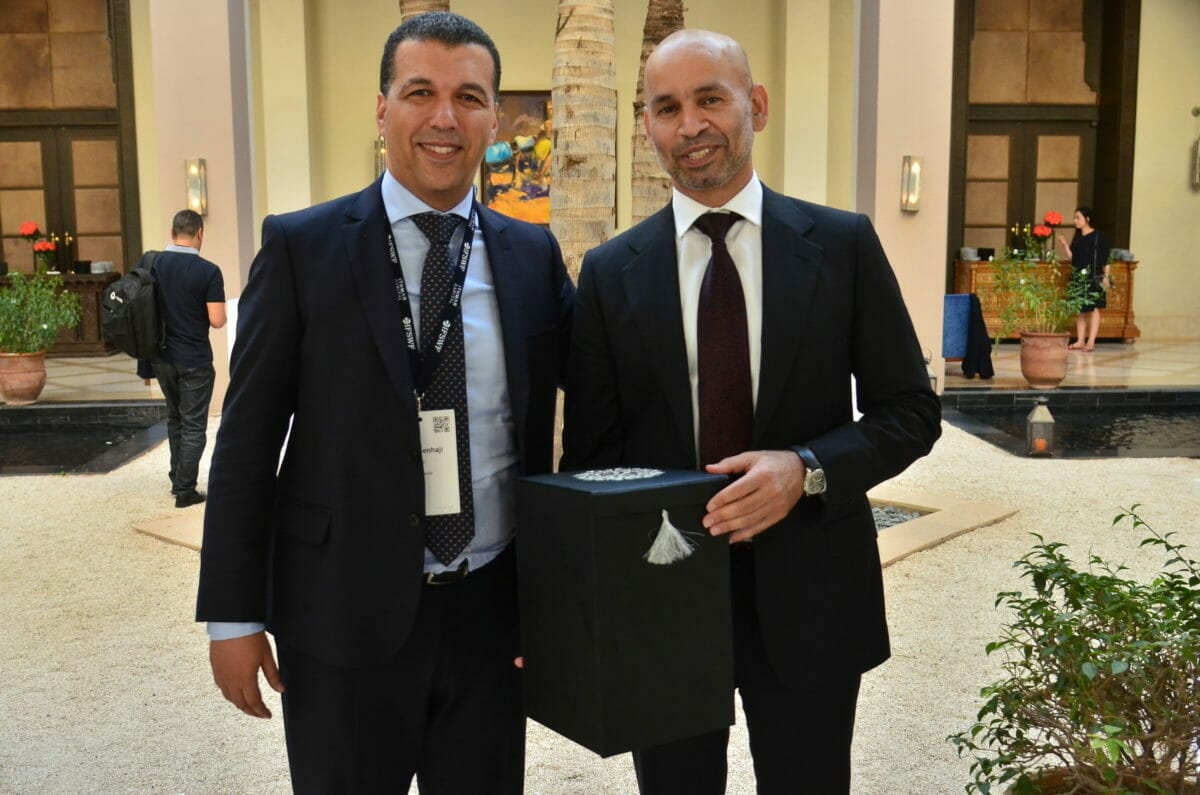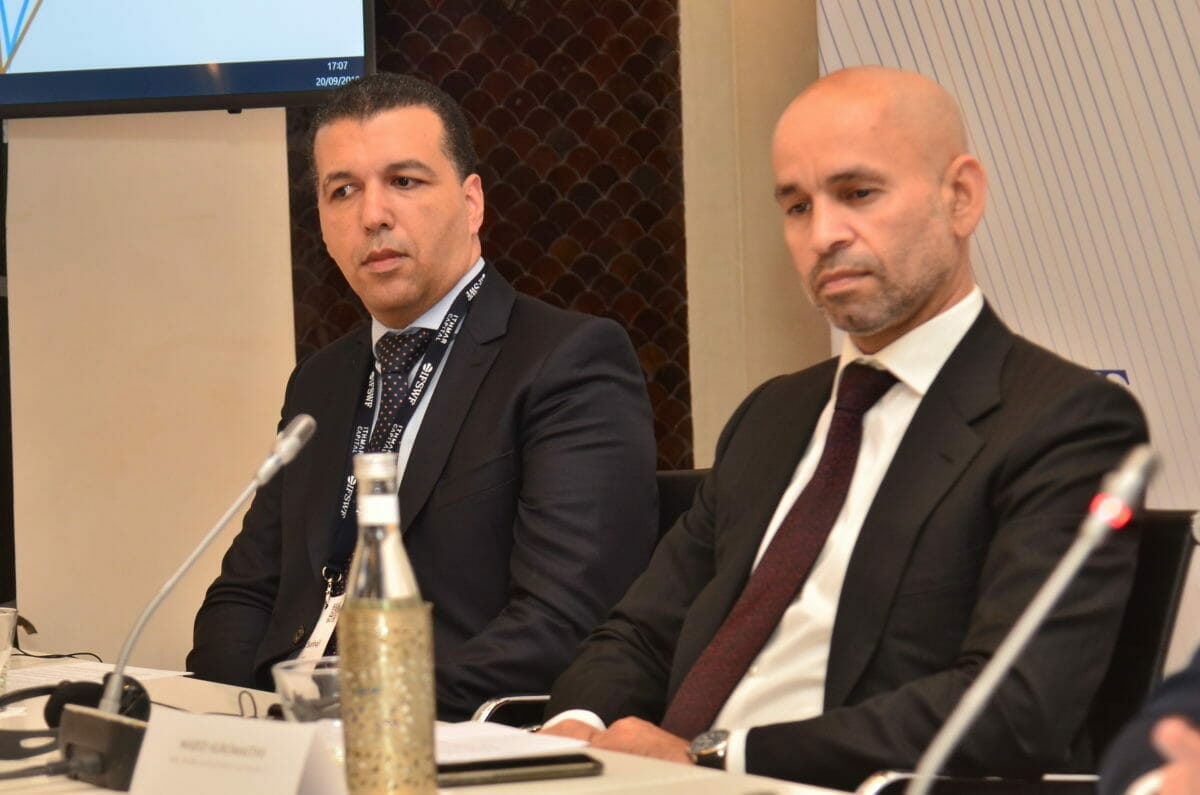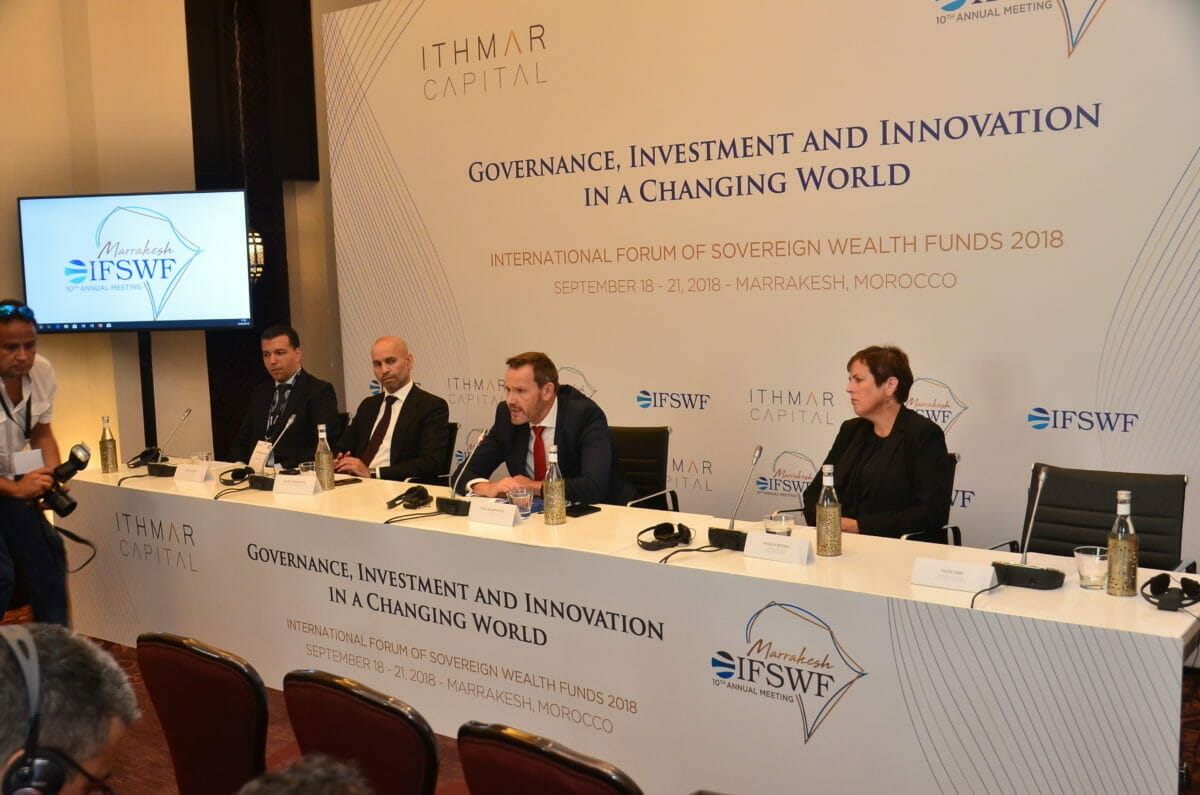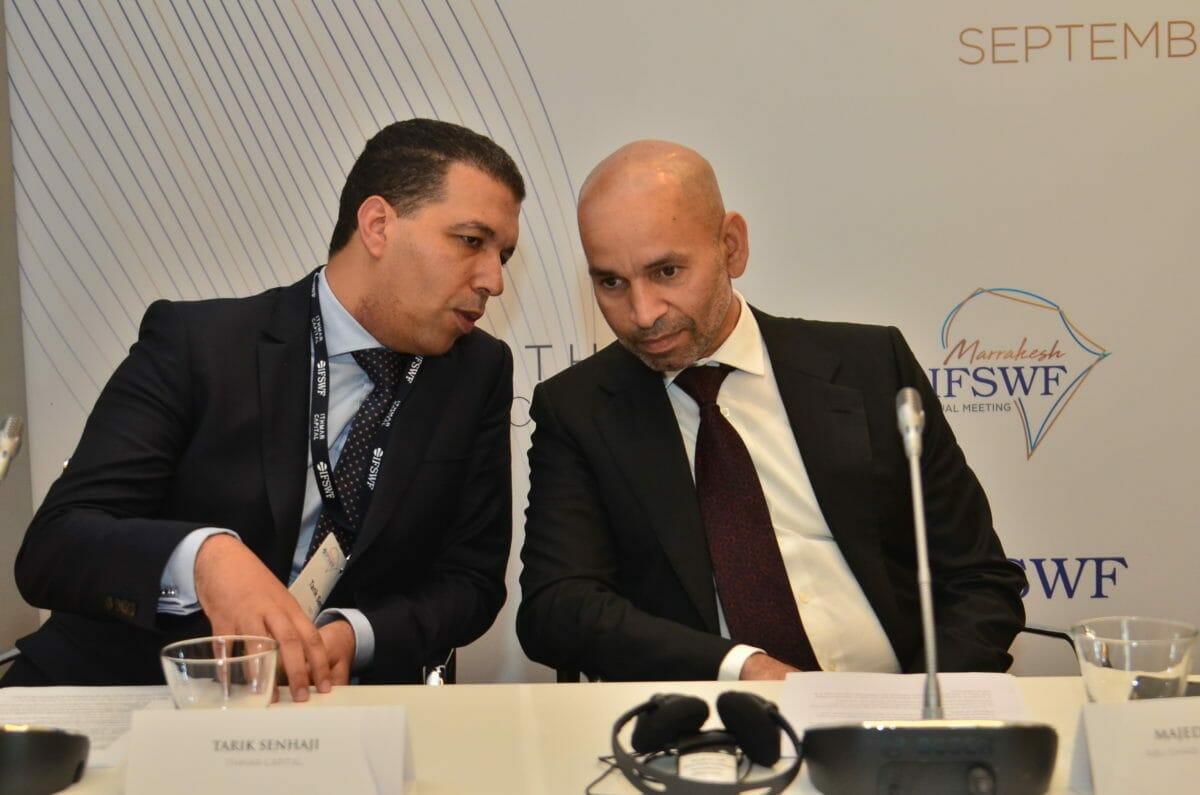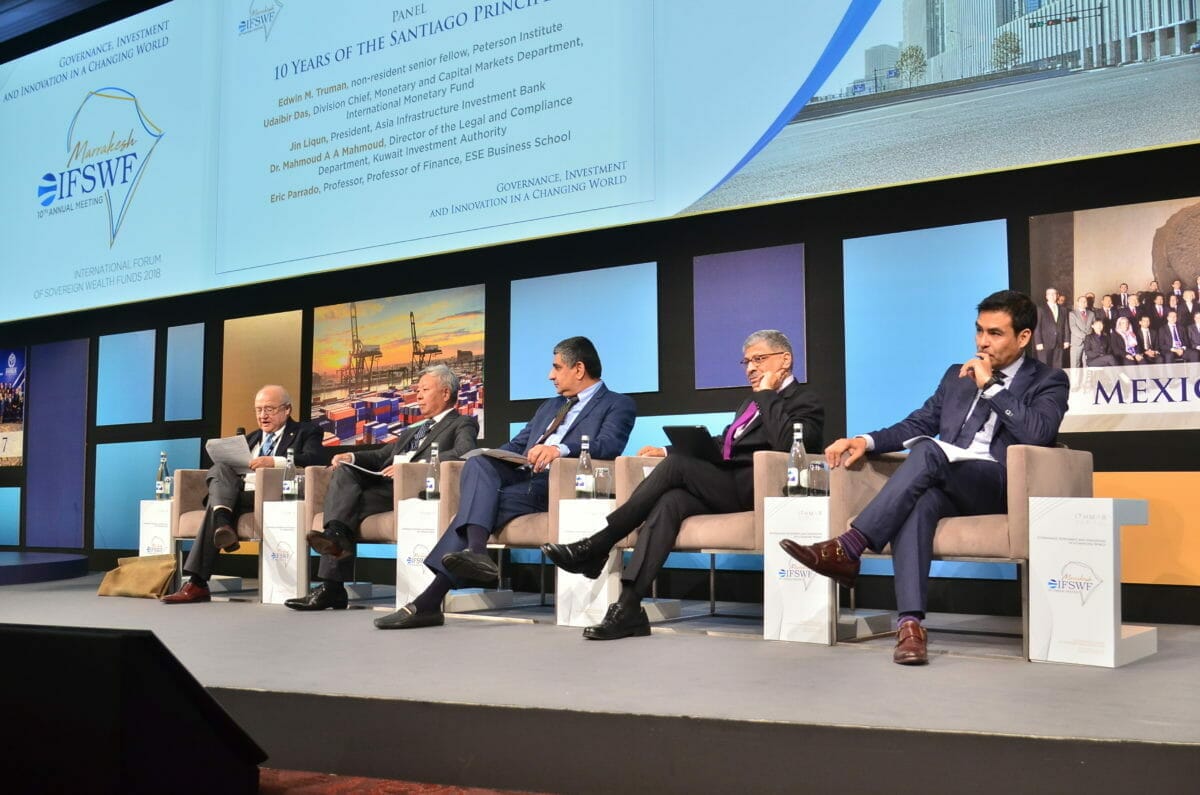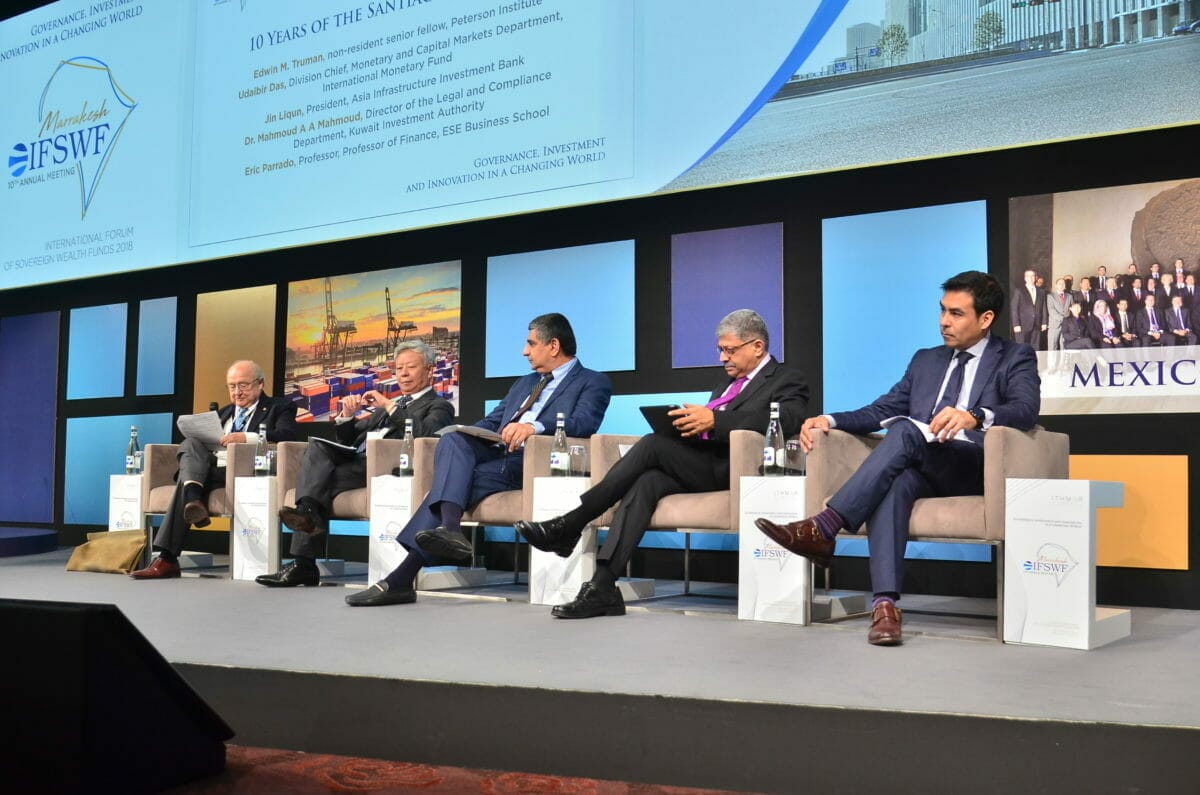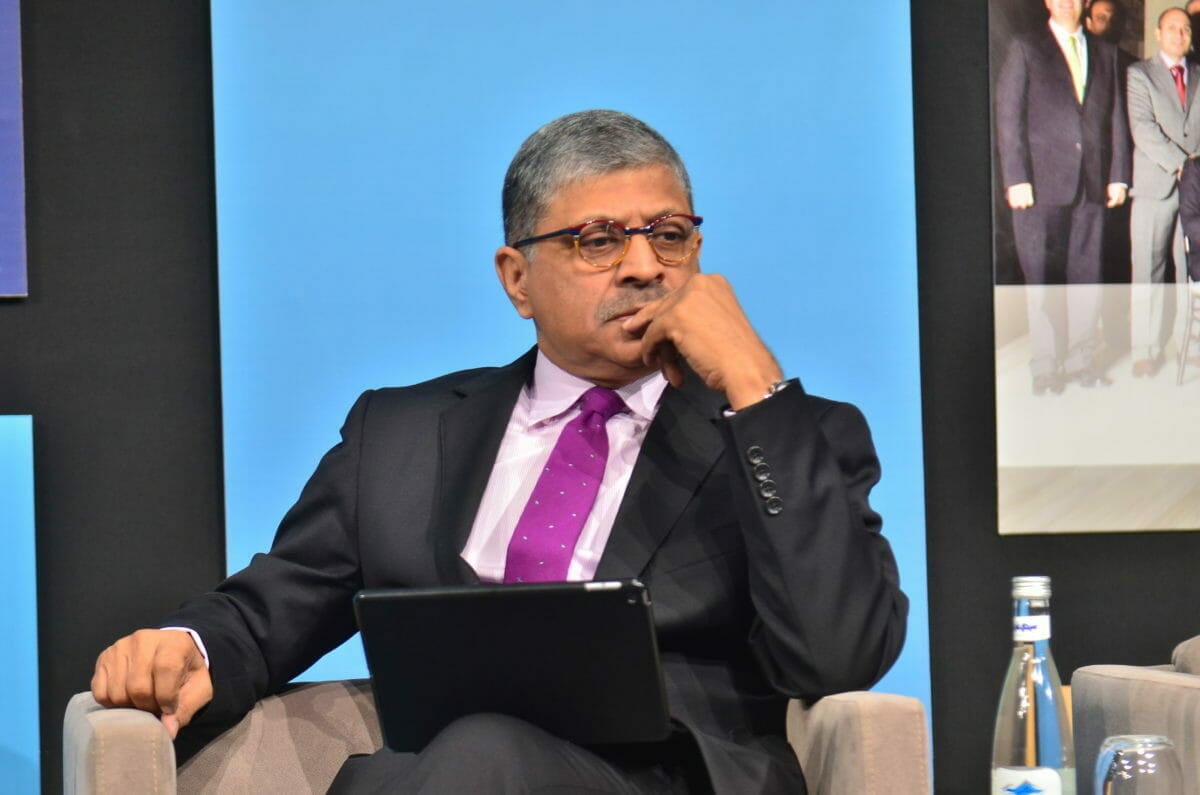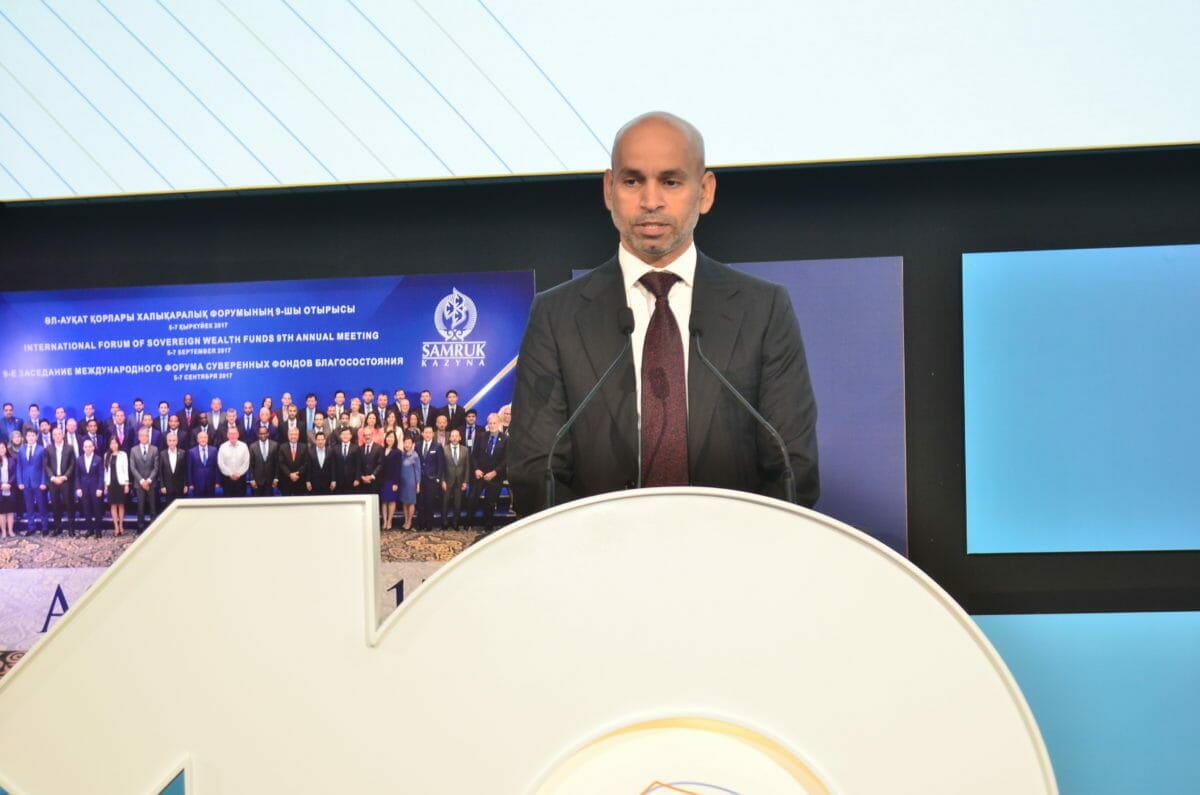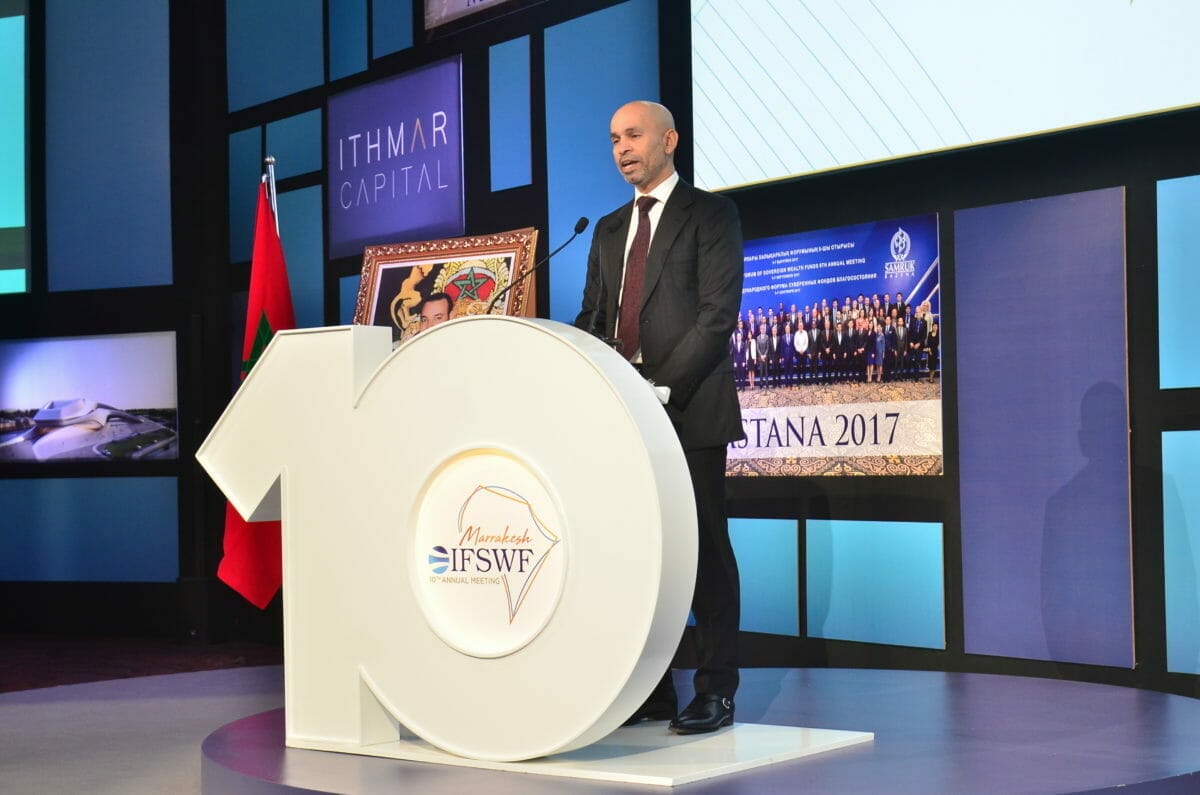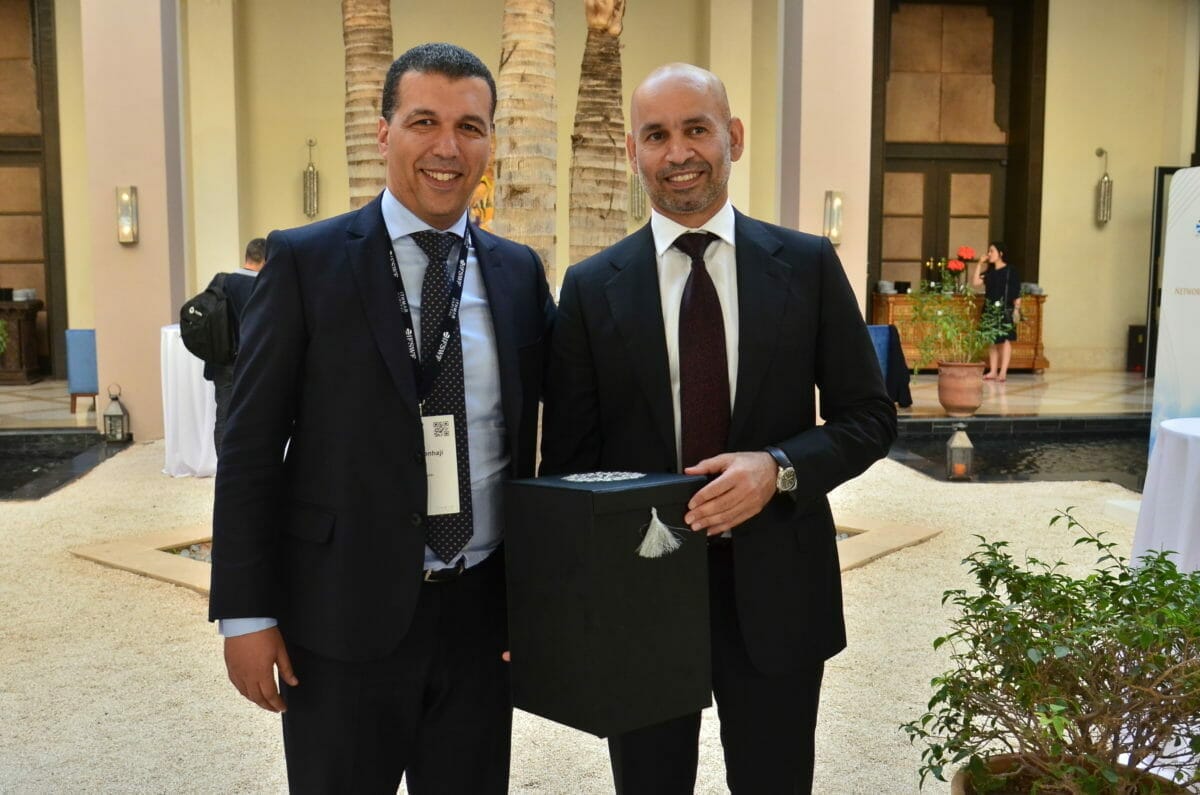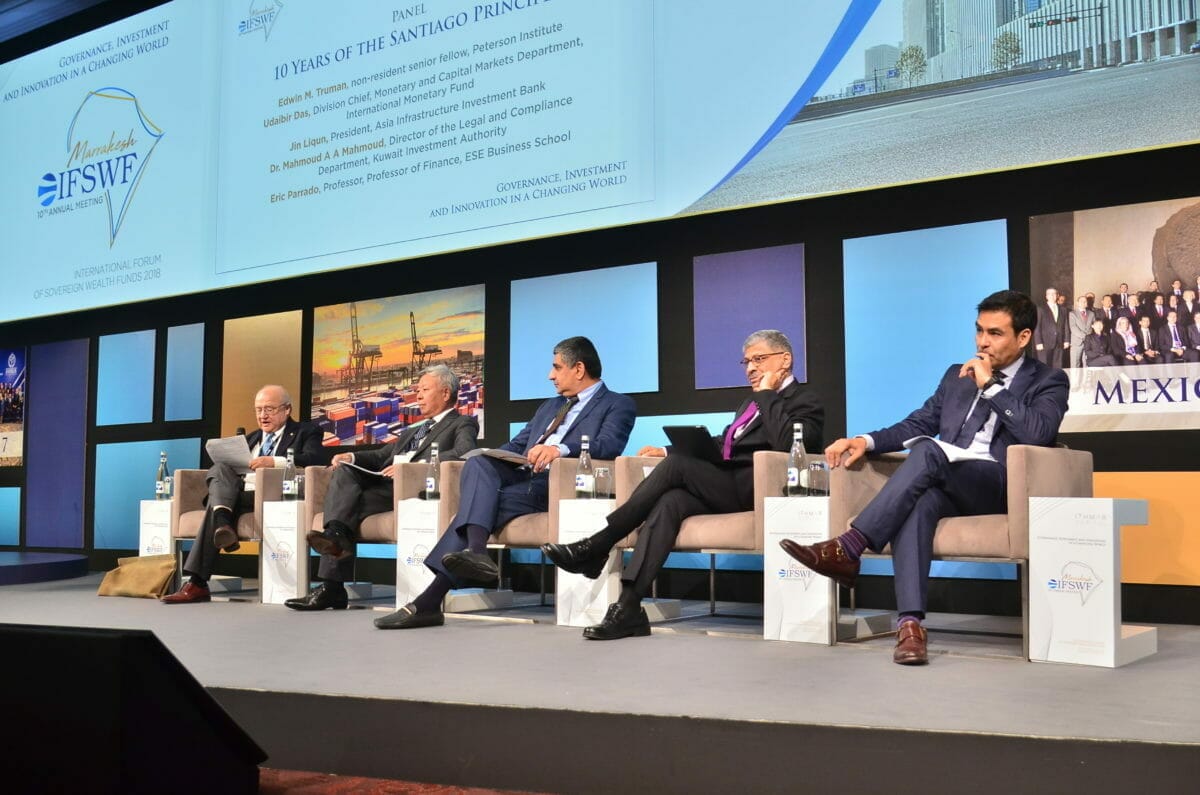In a competitive world where much of the capital is chasing the same opportunities, sovereign wealth funds must collaborate to access investments, Alaska Permanent Fund chief executive Angela Rodell said in an interview at the annual International Forum of Sovereign Wealth Funds conference in Morocco.
Alaska Permanent was a founding member of the forum and Rodell, who this week was elected deputy chair of IFSWF, said while the forum has evolved, it started with a mandate that included the Santiago Principles and creating a transparency framework for good governance.
“There is also now an understanding of how our peers are operating and a higher degree of comfort,” Rodell said. “If you look at the investment opportunities and where global growth will come from, it is important for us to have those relationships, for example, in Africa, South-east Asia and China.”
Alaska has launched two partnerships collaborating with other investors – one in private markets and one in public markets.
Capital Constellation, which took about 15 months to create, is a joint effort between Alaska Permanent, the UK’s Railpen and Kuwait’s Public Institution for Social Security, to better access private markets.
The second team-up for Alaska Permanent is a collaboration with McKinsey Capital on the creation of a public equity closed fund investing across 25 countries in the Middle East, Africa and south Asia. The fund’s heaviest weight, about 40 per cent, is in India.
Alaska Permanent invested $100 million in this fund, and is encouraging other investors to allocate. The idea is to list the fund.
“The idea is to gain access to those public markets that are hard to access and not overwhelm or create too much heat in that exposure,” Rodell said.
While the modern world relies on technology, Rodell said nothing beats having personal relationships and people on the ground in various places.
“Even if an SWF can’t invest side by side with you, [it] might give you insight and understanding that gives you a leg up as an investor,” she explained. “Some investors have a sense there is a finite set of investment opportunities and all the world’s capital is fighting for that. For some of us, the opportunities are limitless but harder to find, so it’s not so much a competition as it is [a search for the] hard-to-find pathways to the opportunities.”
Alaska Permanent gives Alaska citizens a dividend every year. Until 2016, there was a statutory formula for the amount but for the last three years it has been negotiated between the legislature and the governor. This year, the dividend will be $1600 a person.
Rodell said Alaska is a vast state (three times the size of Texas at low tide, and twice the size at high tide) with a population of only 700,000. If the person/square metre ratio of Alaska applied to Manhattan, only 30 people would live there.
Alaska Permanent has a board meeting next week to look at how to invest in Alaska directly, along with emerging manager initiatives.
In calling on other investors to collaborate, Rodell said it was important to be patient.
“From my standpoint, while you may philosophically be on the same page, the devil is in the detail. You have to have a lot of patience,” she said. Taking 15 months to create Constellation allowed time to generate alignment on expectations for outcomes and benchmarking for success. Similarly, the public market fund with McKinsey took about nine months to finalise.
The new chair of the IFSWF, Majed Romaithi, executive director of the strategy and planning department at ADIA said that with long-term mandates, SWFs make natural investment partners.
“But we are still only touching the surface when exploring opportunities to collaborate,” he told delegates in his introductory remarks at the conference.
The framework for integrating climate change risks the One Planet SWF working group recently developed is a possible template for collaboration in other important areas going forward, Romaithi said.
“SWFs share many similar objectives, but also have differences, in many ways,” he said. “It’s important to welcome new members who bring different perspectives. Working together, we can be more successful in reaching our own objectives and contribute to the global financial system for which we depend.”


